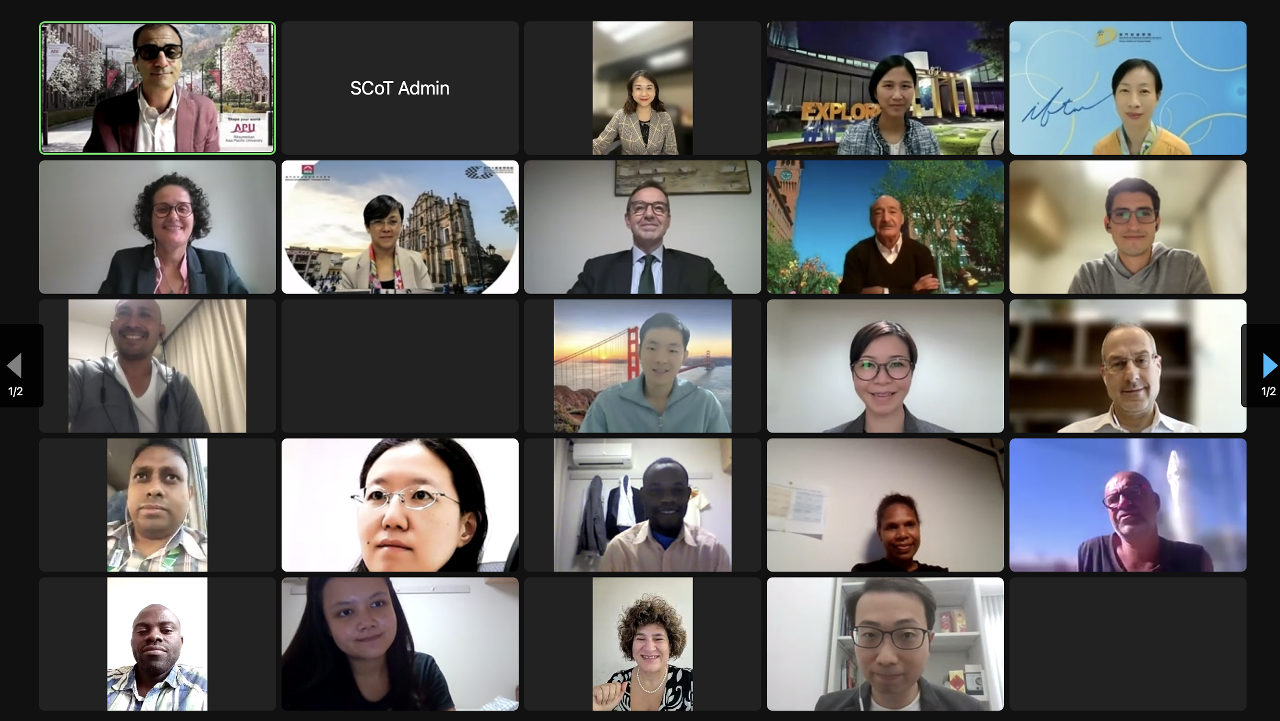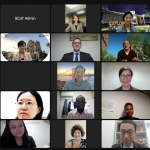 IFTM is featured at international webinar UNWTO.TedQual Certification: A Journey to Tourism Education Excellence
IFTM is featured at international webinar UNWTO.TedQual Certification: A Journey to Tourism Education Excellence
The positive impact of the United Nations World Tourism Organization UNWTO.TedQual Certification System on IFTM student and staff development, on the employability of the Institute’s graduates, and on quality assurance relating to its education, was the main topic of an international webinar held this afternoon (19 October).
The event was part of the worldwide Smart Community Tourism Webinar Series, which was led by Japan’s Ritsumeikan University and organised by a global network of scholars in the field of tourism and hospitality. Today’s webinar was hosted in collaboration with the UNWTO Academy and Japan’s Ritsumeikan University.
During the webinar, IFTM was presented as a success case regarding its efforts to maximise the benefits available via the UNWTO.TedQual Certification System. The webinar featured a number of stakeholders linked to IFTM, including members of its management, alumni, and partners from the private and public sectors.
Speakers included: IFTM President Dr. Fanny Vong Chuk Kwan; the Director of the Macao Government Tourism Office, Ms. Maria Helena de Senna Fernandes; IFTM Vice President Dr. Connie Loi Kim Ieng; the President of the Executive Committee of the Macau Hotel Association, Mr. Luís Heredia; and IFTM alumna Ms. Joyce Wong Iok In, Director of Training at the Learning Academy of integrated resort operator Melco Resorts and Entertainment Ltd.
IFTM is the first UNWTO.TedQual institution in tourism education in 2000. The Institute currently has the greatest number of UNWTO.TedQual-certified bachelor’s degree programmes of any institution in the world: a total of 8.
The UNWTO.TedQual Certification System, linked to the UNWTO Academy, is a tool to assure the quality of tourism sector education. It measures the efficiency of academic systems as well as the extent to which the needs of the tourism industry and of students are incorporated into each tourism education programme.


